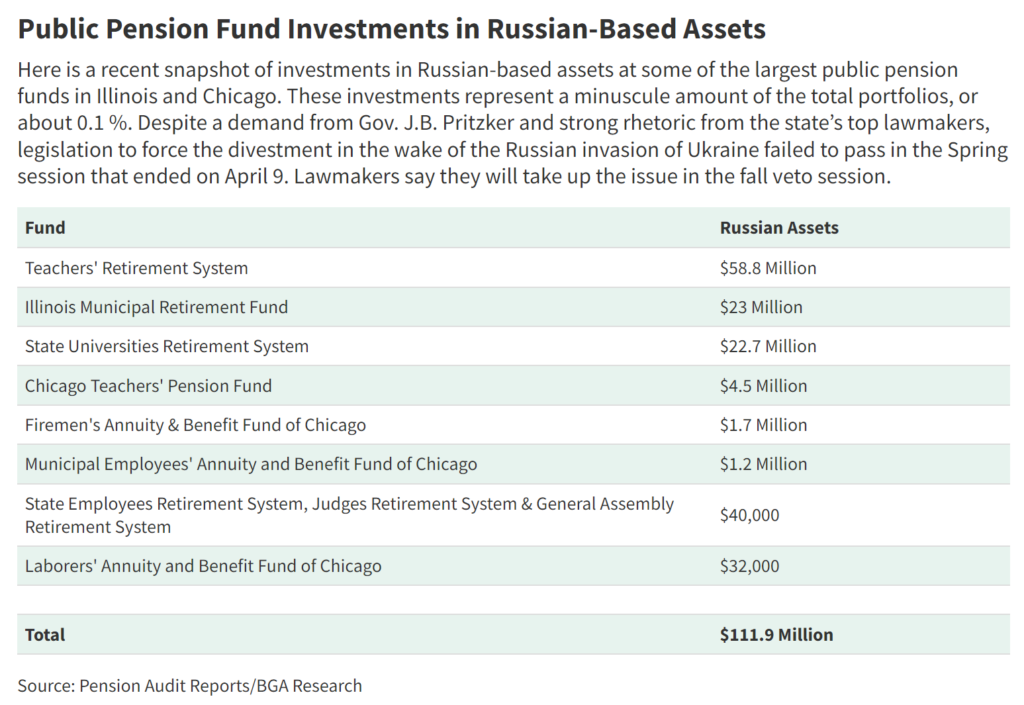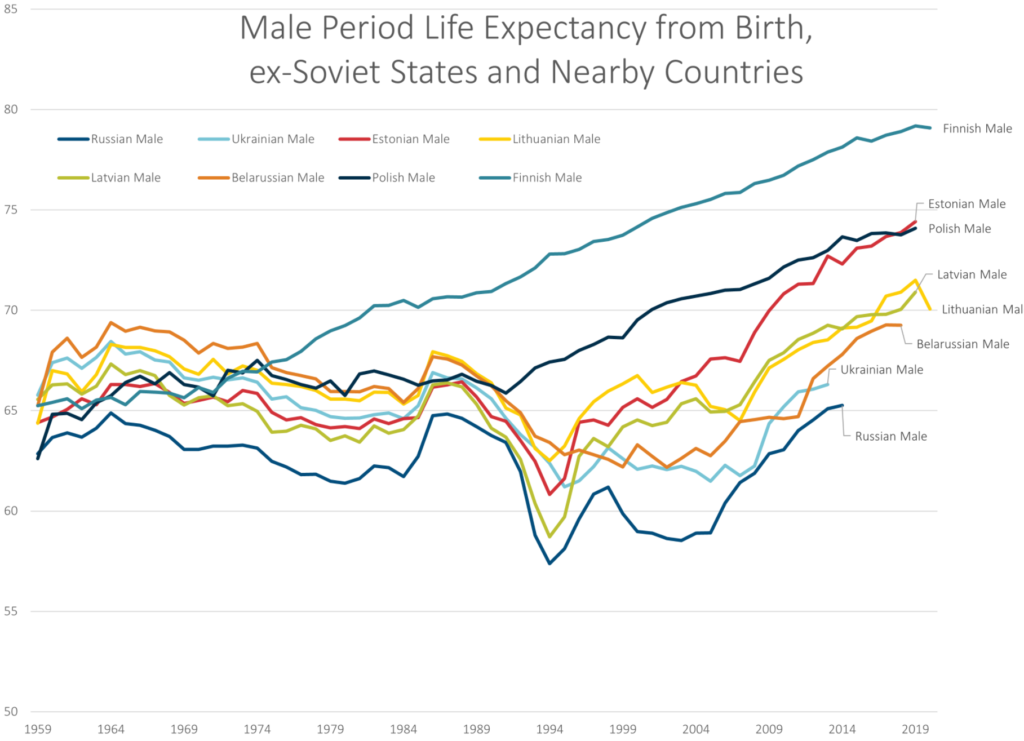Link: https://www.nakedcapitalism.com/2022/10/the-inevitable-financial-crisis.html
Excerpt:
For months, I have been confident that Europe would suffer a financial crisis and a depression, as in a real economy catastrophe accompanied by a market crash. It might not be as severe and lasting as 1929, but the breadth would mean there would not be 1987 quick bounceback nor a 2008 derivatives crisis concentrated at the heart of the banking system. Even though that looked like financial near-death experience, the same factors that made it more acute in many respects also made it easier for the officialdom to identify and shore up the key institutions that took hits below the water line.
….
That view was based simply on the level of damage Europe seemed determined to suffer via the effect of sanctions blowback on supplies of Russian gas. There are additional de facto and self restrictions on Russian commodities via sanctions on Russian banks and warniness about dealing with Russian ships and counterparties. For instance, Russian fertilizer is not sanctioned; indeed, the US made a point of clearing its throat a couple of months back to say so. Yet that does not solve the problem African (and likely other) buyers suffer They had accounts with now-sanctioned Russian banks and have been unable to come up with good replacement arrangements.
Another major stressor is the dollar’s moon shot. It increased the cost of oil in local currency terms, making inflation even worse. It also will produce pressure, and potentially defaults, in any foreign dollar debtor because he local currency cost of interest payments will rise. Given the generally high state of nervousness in financial markets, anyone who had been expected to roll maturing debt will be in a world of hurt (Satyajit Das in a recent post pointed out that investors typically don’t expect emerging market borrowers to repay).
….
Yet another big concern is hidden leverage, particularly from derivatives. A sudden rise in short term interest rates and increased volatility can blow up derivative counterparties. It’s already happening with European utility companies, many of whom are so badly impaired as to need bailouts.
And the failure of regulators to get tough with banks in the post-crisis period is coming home to roost. Nick Corbishley wrote about how Credit Suisse went from being a supposedly savvy risk manage to more wobbly than Deutsche Bank due to getting itself overly-enmeshed in the Archegos “family office” meltdown and then the Greensill “supply chain finance” scam. Archegos demonstrated a lack of regulatory interest in “total return swaps” which in simple terms allow speculators to create highly leveraged equity exposures. Highly leveraged equity exposures was what gave the world the 1929 crash. The very existence of this product shows the degree to which the officialdom has unlearned big and costly lessons.
Author(s): Yves Smith
Publication Date: 3 Oct 2022
Publication Site: naked capitalism



